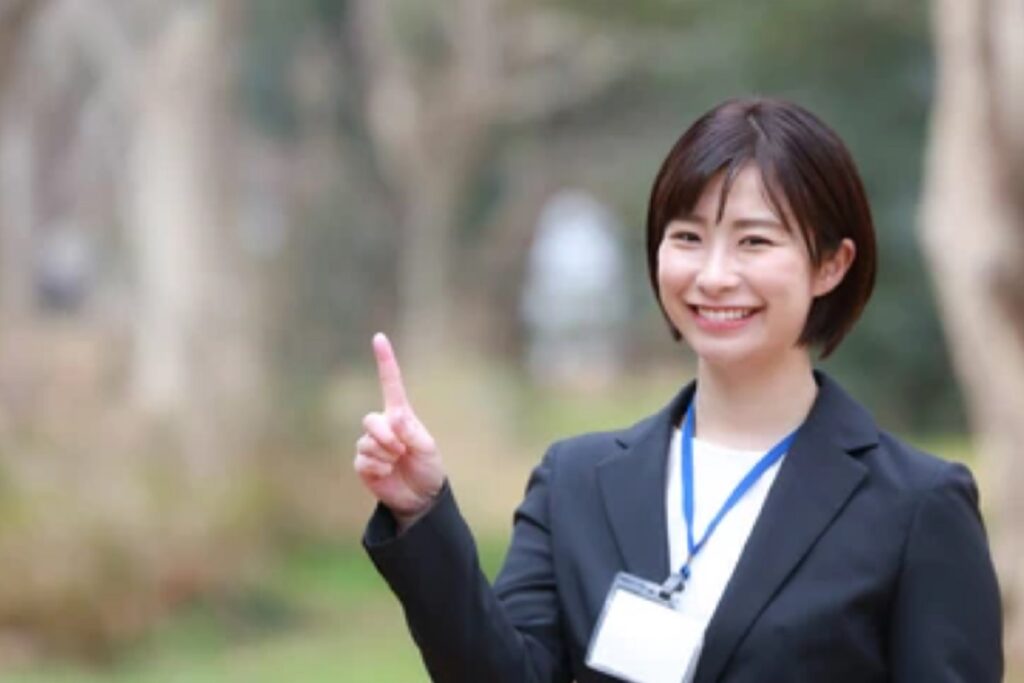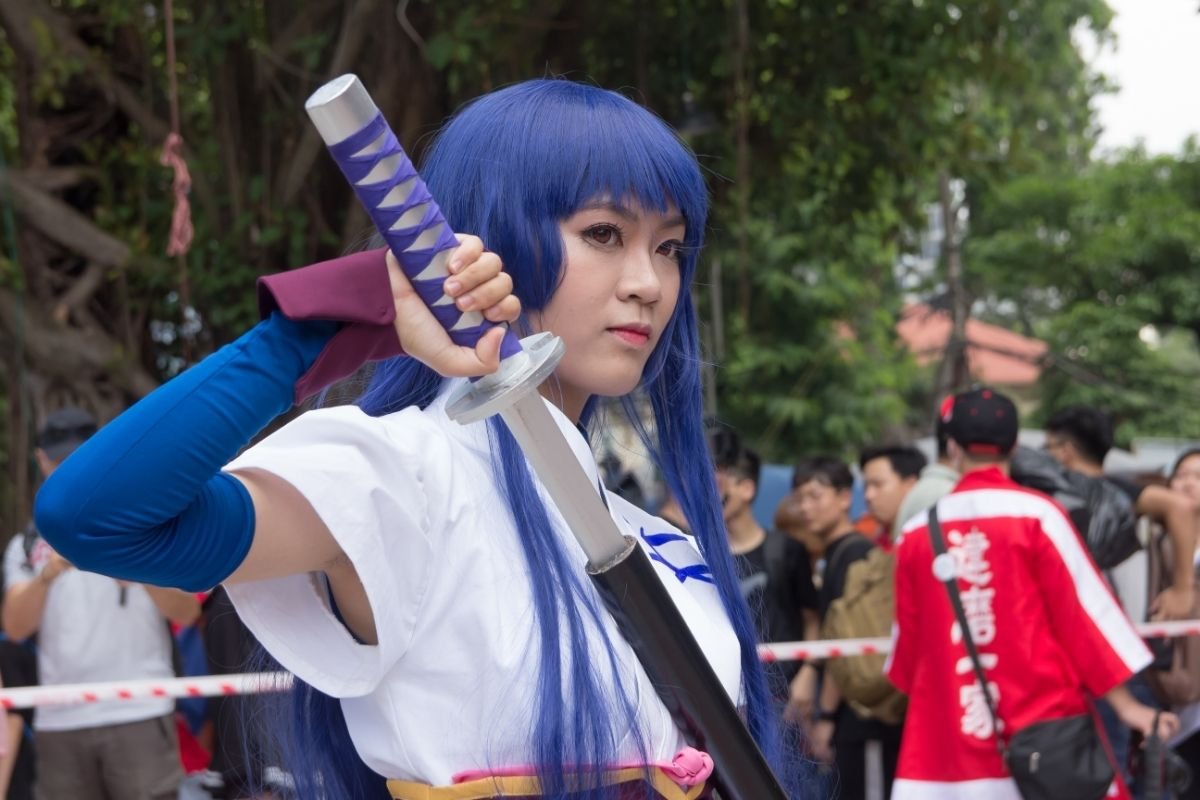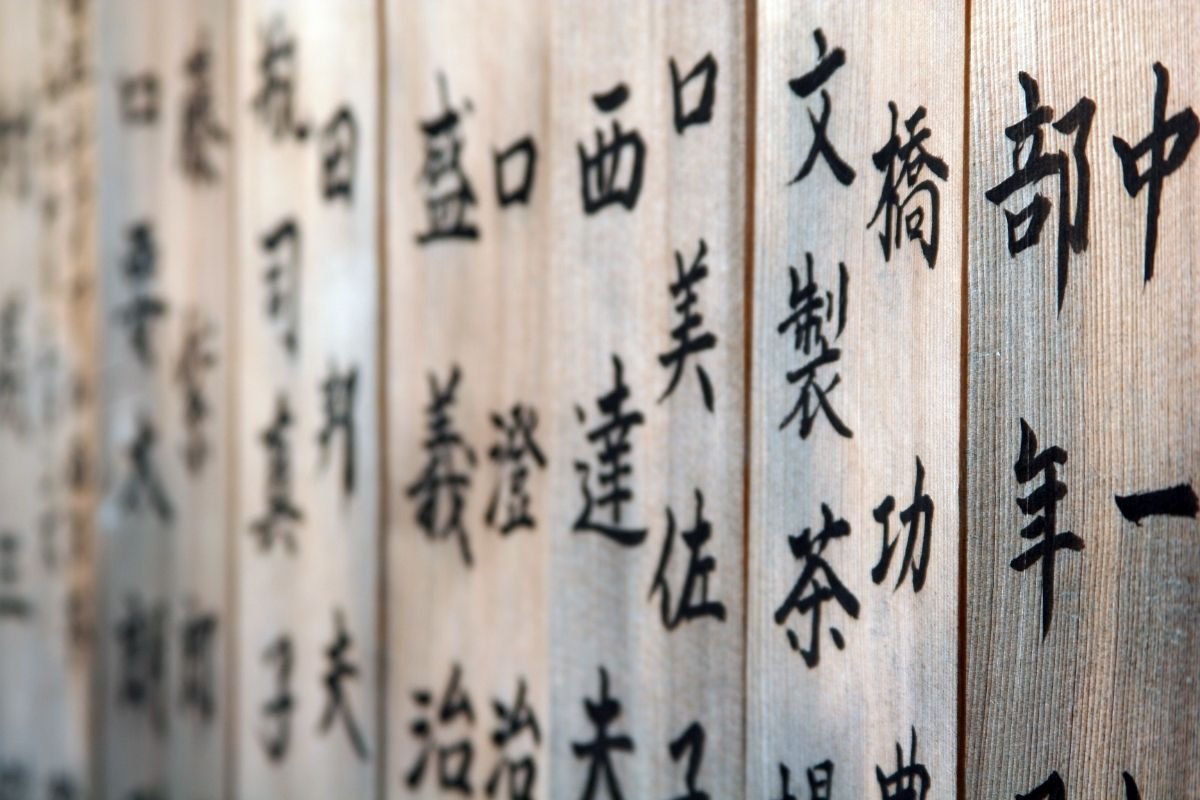Naming conventions in Japan are different from what we are used to in the western world – you might be aware that the surname is usually written first, and the first name written second in Japan (whereas we do the inverse in the US).

But, you might have wondered whether Japanese people have the same naming convention as us for middle names. Well, we are here to answer that question for you.
Do Japanese People Usually Have Middle Names?
It is pretty uncommon for Japanese people to have middle names (typically, they only have given names and family names).
The concept of middle names is not followed or legally recognized in Japan, except for the names of foreigners and expats. There is not even a space on the vast majority of legal documents for middle names.
However, sometimes, non-Japanese babies that are born in Japan follow the naming laws of their nationality (i.e., a baby that has American parents, but has been born in a Japanese hospital will be given a middle name at the parent’s discretion).
There are also a few exceptions to this naming convention if a family so desires. Babies can be registered with two first names on Japan’s family registry (which is known as the Koseki).
This is typically not done, as sometimes the names can look a little odd when put together, though there are some cases.
How Do Japanese People Name Their Children?
For a lot of Japanese people, choosing names for their children can be quite a stressful and complicated process.
In the West, we have it easy, and many new parents typically decide on what to name their child based on sounds that they like, or the names of people that we love or respect.
However, in Japan, they use the Kanji script (which is a set of traditional logographic characters based on the traditional Chinese language and symbols).
This Kanji system can complicate things when it comes to picking names. The Kanji scripts are symbols/characters that represent words, ideas, or concepts. They often have different pronunciations based on the context that is being said.
A lot of how Japanese parents name their children boils down to how traditional they feel.
As an example, a more traditional parent might want to use the Kanji readings from people (typically historical figures) in hopes that their child will develop traits that that person had, or that are related to that person (see also ‘Do You Read Japanese Left to Right?‘).
For people who are less traditional, they might want to use a kanji character from their own name, or a relative’s name, and then think of a different kanji character that compliments that one linguistically and audibly.
Alternately, people will decide on the main trait that they want the baby to develop, and will use that as the base of their kanji name.
Kanji script is not the only way that names are written in Japan, though. Some given names are also written in the more phonetic system of the hiragana and katakana (see also ‘What Is the Difference Between Hiragana and Katakana?‘). It is more typical for women’s names to be written in hiragana than men’s.
How Do You Add A Middle Name To Your Record In Japan?
If you have a middle name and live in Japan, it can sometimes feel that the legal system is a big inconvenience, with many forms and documentation not having room for your middle name to be recorded.
However, it is really important for you to have the same name registered for all of your documents, including ones you get in Japan and ones you have from your native country, for purposes of identification.
The ways that you add a middle name on your documentation are done via the Japanese system for recording names, known as the Koseki. This can sometimes combine your two names, so if your name was Mira Rose, it would become Mirarose.
A trip to your City Hall may also be useful because they will have the proper forms and be able to advise you on procedures for getting your middle name onto your records in Japan.
It is worth noting that when your name is written in Japanese, your names will likely be combined or your middle name will be left out.
Other Interesting Japanese Naming Conventions
The whole Japanese naming system is very different from ours, which can make it fascinating. It’s always curious to see how other cultures do things. A few things that they do differently from us include:
- The Japanese family name (which is known as myoujo, or ue no namae) is usually inherited patrilineally, and shared with siblings. It comes before the given name. Alternatively, the given name (which is known as shita no namae, is chosen by the baby’s parents at birth and is their personal identifier.
- Given names that end in the suffixes hiko, suke, hei, o, or shi are generally male names.
- Given names that end in e, yo, mi, na, ko, or ka are generally female names.
- Japanese law requires married couples to have the same family name/surname (see also ‘What Age Can You Get Married In Japan?‘). To follow this law, in nearly every couple, the woman takes on the man’s surname when they are married. Though, some Japanese women do choose to use their maiden family name in informal situations.
- The Japanese government has rules on which of the Kanji characters are allowed for use in names, as a way to ensure that Japanese speakers are able to easily differentiate, write, and read Japanese names.
- In Japanese, there are very few names that can be used both as a given name and as a family name. This makes it easy for Japanese speakers and those familiar with Japanese names to tell which name is which, regardless of what order they are presented in.
In Summary
We hope this guide has helped you in your quest to find out more about middle names in Japnese culture. Check out our other articles on Japan to find out mor efasicnating facts today.








